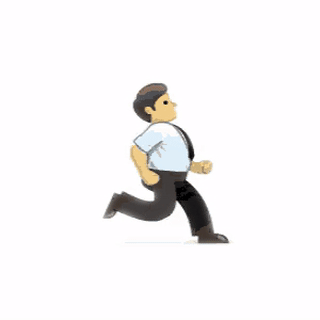
Vegan and vegetarian diet
Why people choose to become vegans or vegetarians?
Most common reason is ethical – people don’t want to eat animals because they know how those animals are inhumanely raised and treated in life and death.
Other reasons are financial (meat and fish are much more expensive than grains, fruits etc.), religious (different beliefs), environmental (animals generate waste and pollution, big water and land usage, deforestation, etc.), health reasons (foods in these kind of diets are low in fat and cholesterol, rich in fibre, vitamins and minerals; allergies, sensitivities, gut problems…).
Can vegan and vegetarian diet be unhealthy?
Yes. If there is not enough macro and micro nutrients. Also, if the food is not prepared in a healthy way, so fried or batter-fried, with a lot of sugar and unhealthy fats. Additionally, it can be risky if there isn’t a sufficient daily calorie intake.
Vegan and vegetarian diet has to be well planned, with enough high quality foods, so it doesn’t lack proteins, vitamins and minerals. I recommend to occasional do a blood test so you can check if there are any deficiencies. You shouldn’t take any supplements until you are sure that you lack something, and even then it is important to consult your doctor or a pharmacist in order to avoid excessive intake. Also, they can tell you the best way to use the supplement.
It is necessary to include enough whole grain foods, nuts (fibre, selenium, magnesium, iron), vegetable milks (enriched with vitamins B12, D and calcium), legumes, iodized salt, chia and flaxseed (omega-3 fatty acids), fruits, green leafy vegetables (iron, calcium) and other vegetables.
If planned well, vegan and vegetarian diet may help regulate blood sugar levels, thus reducing the risk of developing diabetes. Additionally, this diet has a positive effect on reducing fat and cholesterol and preventing atherosclerosis. It is also used to regulate blood pressure, thyroid gland hormones, and it helps reduce inflammatory processes that can lead to certain diseases.
What types of vegan and vegetarian diets exist?
The diets I’m going to mention include fruits, vegetables, nuts and grains.
Vegetarianism is a type of a diet that excludes meat, poultry and fish, though includes dairy and eggs.
Pescetarianism includes fish and seafood.
Lacto vegetarians eat fruits, vegetables, nuts, grains and dairy products.
Veganism excludes any animal origin foods – fish, poultry, meat, dairy, eggs, even honey and gelatine.
Fruitarianism includes fruits, seeds, and other plants that can be gathered without harming the plant.
Raw veganism includes only fresh and not cooked food.
If you are just beginning with vegan or vegetarian diet you should start slowly, step by step, so you don't stress your body. Find which diet suits you best. Listen to your body!
